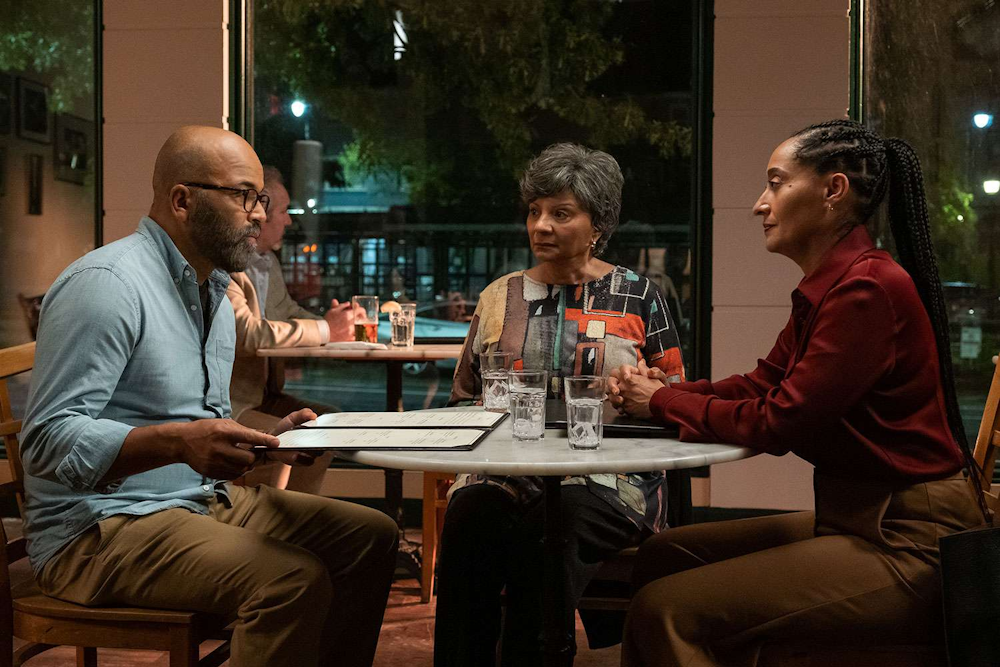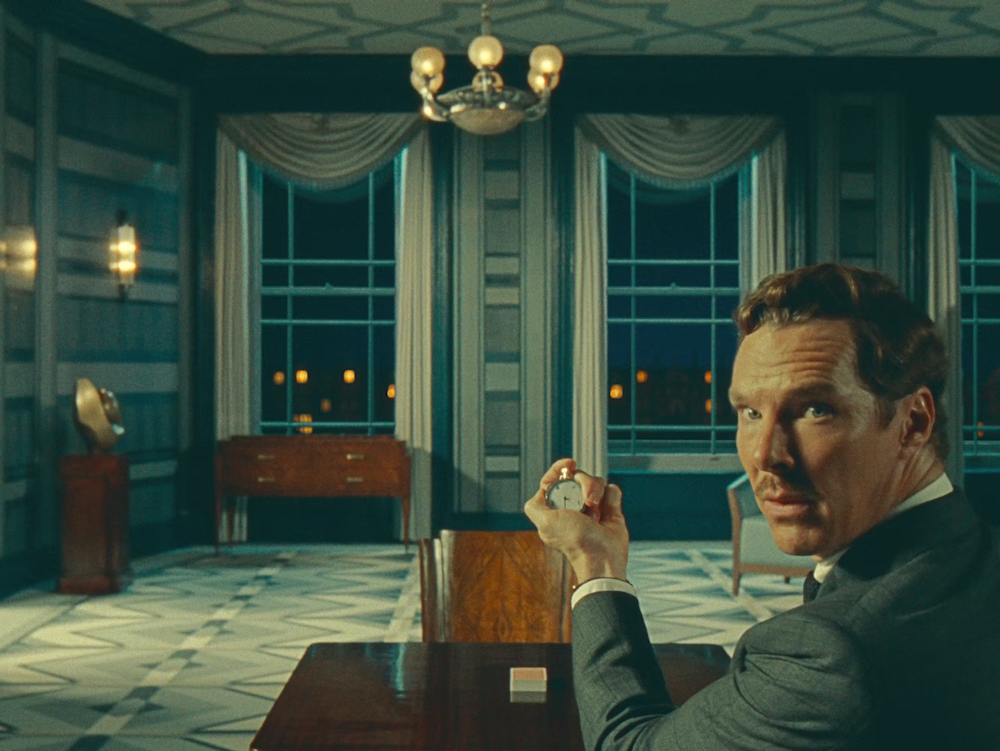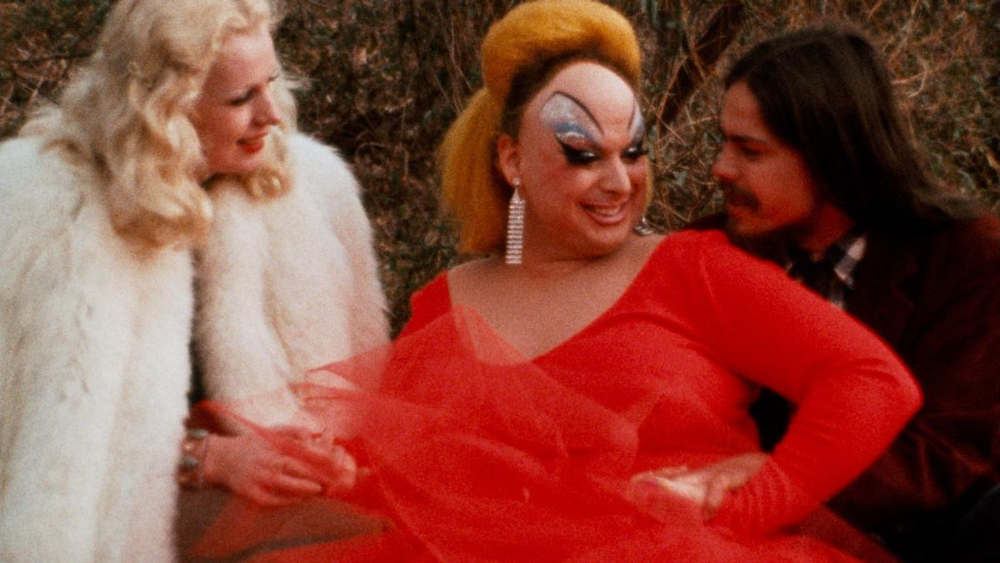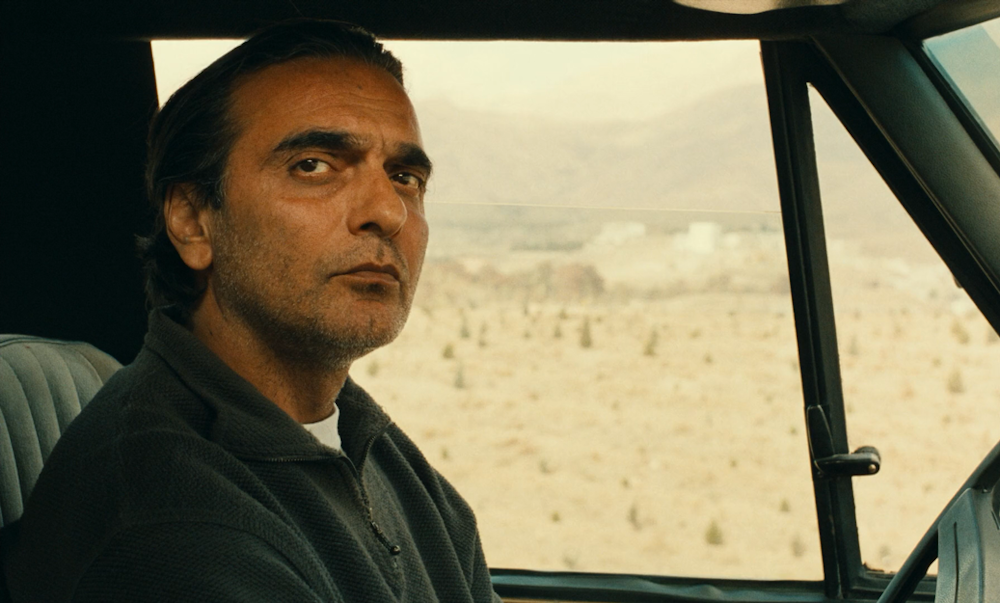Notes From The Program Director | Week of March 8th, 2024
Hero Image
Hero Image
Rich Text
March 8-14, 2024
Hello, everyone!
This week, the enthralling epic that is Dune: Part 2 continues as does Wim Wenders life-affirming and gentle Oscar-nominee Perfect Days. We’ve also been able to add two more shows of Origin, so happily there are a couple more chances to see Ava DuVernay’s profoundly compelling new film.
 |
I’m also relieved and delighted to say we’ve finally been able to book American Fiction, which will be here with us for at least the next week. It was, until now, the only Best Picture nominee of the full list of ten we had not played, and while my name is not Captain Ahab and American Fiction did not bite off my leg in a previous encounter at sea, I confess booking the film had became something of white whale of an obsession for me. We have, in any case, captured the film at long last! And I think, unlike Moby Dick (sorry, Melville), it will prove to be a crowd-pleaser.
The film is a tremendous feature debut for director Cord Jefferson, and while there are some critics who were disappointed by the film (PFC friend and series curator Brandon Wilson recommends this compelling analysis: "American Fiction and the Wet Eyes of the Sentimentalist" ), it is receiving mostly raves for its smart script and phenomenal performances, not only from the brilliant Jeffrey Wright but the entire cast. The film is a laugh-out-loud funny satire, which is quite a feat, considering it is tackling the thorny subject of "the bias and prejudices in the media and how such an imbalanced relationship with Black creatives places an undue burden on Black artists" (Robert Daniels, Ebert).
The story follows literary novelist Thelonious “Monk” Ellison, a writer who becomes increasingly frustrated as he watches other writers produce bestsellers that he feels offer stereotypical portrayals of “Blackness.” As a sort of joke and under a pseudonym, he writes a spoof of one of these novels, making it rife with outlandish, over-the-top stereotypes. To his horror, the spoof is perceived as a serious work and enthusiastically accepted by the publisher, who launches a campaign to sell the book as an earnest autobiography. And Monk himself is caught in the middle as the supposed subject of the autobiography and finds he must perform “Blackness” for the literary world and, eventually, for Hollywood (in ways white creatives never have to), thus compromising his own sense of authenticity of self. The satire of this component of the movie is quite broad but consistently funny and often hard-hitting.
The film takes on perhaps deeper complexity with the other major component it contains, that is, the family drama. Running parallel to the storyline of Monk’s travails in the literary world is the story of Monk’s family, and there, Monk himself becomes a great deal more complex in terms of how we might perceive him: family members push back on his ideas and reveal him to be a more flawed and human person than he might be able to show to the public, literary world. It is a poignant and often moving element of the film, grounding the broadness of the satire of the main narrative in something more complicated.
 |
|
Third Eye -- our staff-curated cult classics -- returns for the March selection from projectionist Mica Della Sala: Pink Flamingos, directed by John Waters. Mica writes, “An obscene film, not for those faint of heart or weak of stomach. I can't say that I particularly enjoy this film, but I believe it is important to cinema and what art can be. Pink Flamingos tests the boundaries of media and makes you question what purpose there is to film, if any at all. I encourage you and your friends to find a list of content warnings before heading into this film, and to test your own boundaries, to stretch your mind and open it to a little bit of filth.” There’s no one quite like John Waters, and the recent news that he has another brand new film in the works, after a years-long hiatus, has the film world all abuzz. In the meantime, join us for the rare chance to see Pink Flamingos on the big screen, Saturday, March 9, 10:00 pm.
|
back to blog page button
site note
We open 30 minutes before the first showtime of the day.
All theaters are ADA accessible with wheelchair seating.
Closed captioning and assistive listening devices are available at the box office.
custom footer

Pickford Film Center
1318 Bay St
Bellingham, WA 98225
Office | 360.647.1300
Movie line | 360.738.0735
Mailing Address
PO Box 2521
Bellingham, WA 98227



